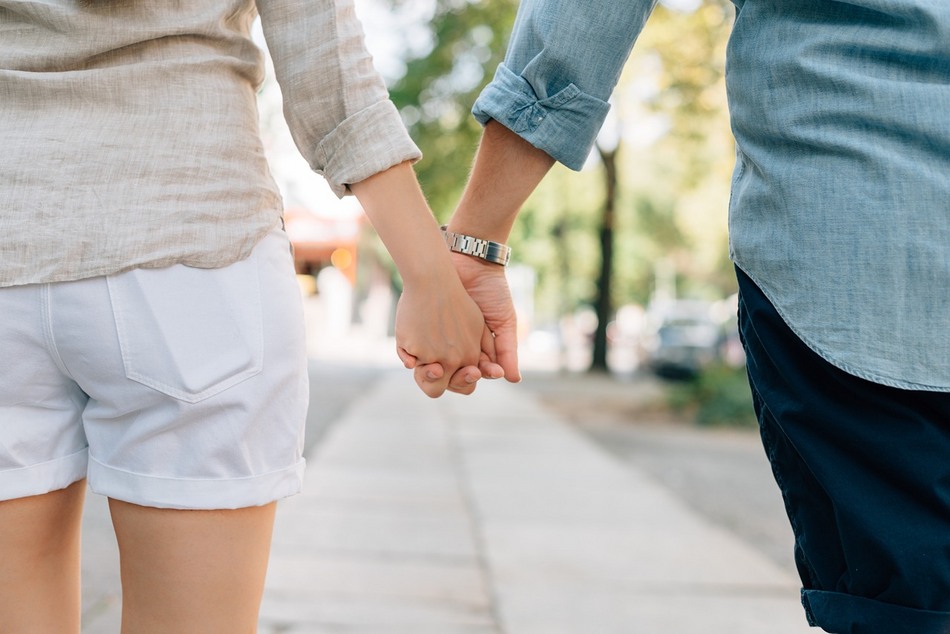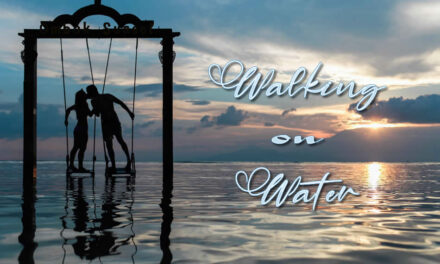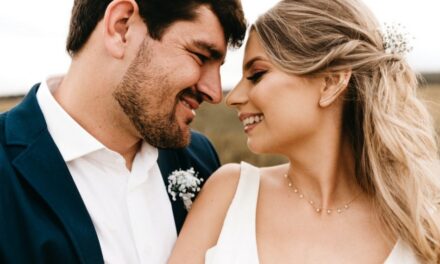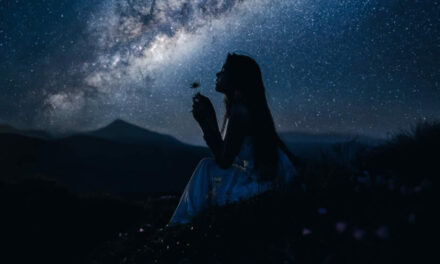There are few better feelings in the world than experiencing that newfound chemistry.
In the early stages of a relationship, even the smallest touch or briefest eye contact is enough to send tingling shock waves all over your body. This feeling is what we usually call chemistry between people, or “the spark”—a twinkle in the eye, a skipped heartbeat, or flushed cheeks that indicate two people are truly connecting. But is there a scientific explanation for what we assume to be the chemistry between two people?What Is Romantic Chemistry?
Romantic chemistry focuses on characteristics present between two people, including mutual interests, similarity, and intimacy. According to Campbell, the more present these characteristics are, the more likely two individuals will perceive chemistry between each other.
According to Kelly Campbell, Ph.D, there certainly is. Chemistry has also been used to describe lust, but for the purpose of this article, chemistry in this context refers to mutual romantic interest and compatibility—two important components of a lasting relationship.
“Chemistry happens when various factors converge at the right time,” Campbell explains. “For example, chemistry is more likely when people are both open to the experience. It won’t be as ‘magnetic’ or easy to foster a connection if they are in a rush, angry, or already involved in a great romantic relationship—people who are happily committed tend not to pay attention to potential alternative partners (a premise known as ‘derogation of alternatives).”
What to Ask Before Committing
If you’ve found someone you really click with, it’s understandable that you’d be hesitant to break things off simply because of the difference in your age. After all, maturity is relative and can be measured in more than just years.
“Making it work is really about having enough in common to bond, enough difference to learn from each other, and similar views on partnerships,” says journalist and author Jenna Birch. But before you make any major decisions, try answering these questions to make sure you and your partner are on the same page in as many ways as possible.
What goals do you have for your life?
Think about your future goals and what you envision for your life. Things like careers, children, finances, and other major life events are worth having an honest conversation about.
What common interests do you share?
These will become even more important as you grow older together. Develop your shared hobbies and interests, as they can strengthen your connection when an age gap may create distance.
Do your values and morals match up?
This may seem like an obvious one, but dig deeper than just general good nature. Tackle touchy subjects that could lead to conflicts in the future, like politics and religion.
Are you willing to compromise?
An important aspect of any healthy relationship is the ability to compromise, but even more so when your partner is in a different stage of life than you are.
Are you resilient to outside opinions?
As social psychologist Theresa DiDonato points out, “Research suggests that age-gap couples should be prepared to encounter negative bias.” So if you’re someone who is more sensitive to unsolicited opinions, be ready to field questions and comments that you may find annoying or downright rude.
Ultimately, like with any healthy relationship, being open and honest with each other is the best way to prepare for future discord. Focus on ways to prevent the difference in your ages from creating a divide between you, and recognize that you may be at different stages of your life at any given time, and that’s okay. Mutual respect and open communication will go a long way in bridging any gap.
![]()
Source | Image by Free-Photos from Pixabay


























